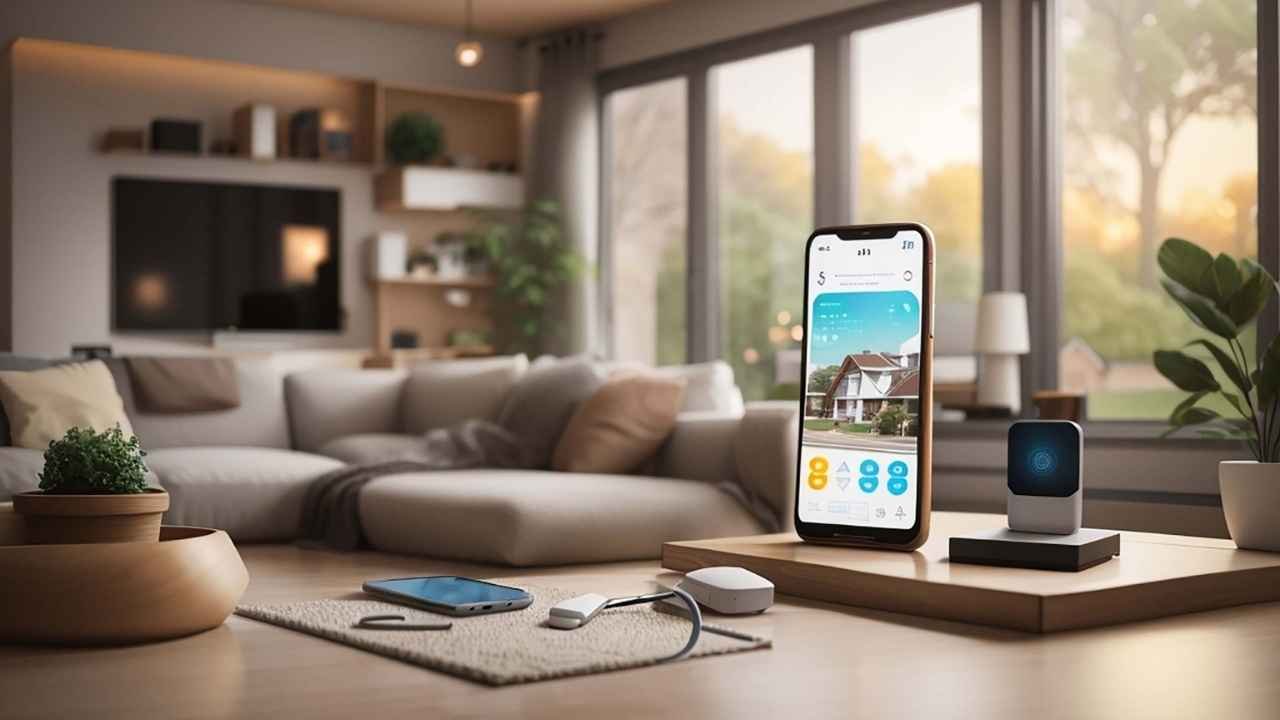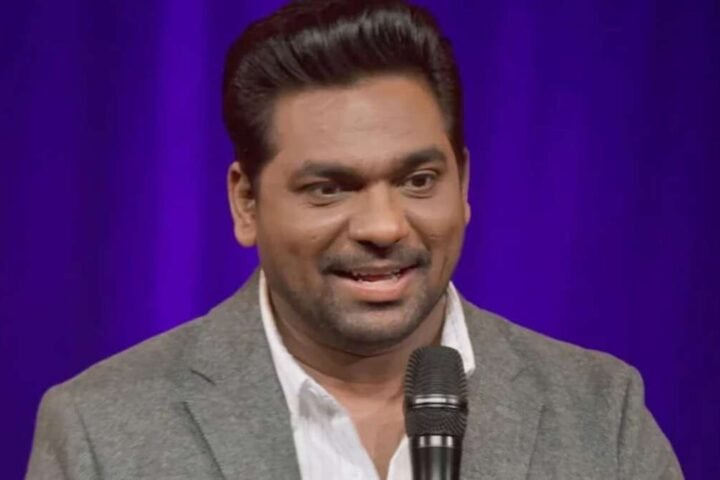As we navigate the mid-2020s, the way we live, work and connect is undergoing a profound transformation. Driven by technological advancements, a heightened sense of environmental consciousness, and a growing emphasis on well-being, 2025 promises a landscape of lifestyle trends focused on intentionality, flexibility, and deeper personal fulfillment. Forget fleeting fads; these are shifts that are fundamentally reshaping our daily lives.
The Reign of Holistic Wellness: Beyond Physical Fitness
Wellness in 2025 is no longer confined to gym memberships and diet plans. It’s a comprehensive approach that integrates mental, emotional, and physical health, often powered by personalized data.
Personalized Health & Nutrition: The era of one-size-fits-all health advice is fading. AI-powered platforms and wearable tech are delivering highly individualized health and fitness plans, leveraging data from smartwatches, at-home diagnostic kits, and even DNA. Functional nutrition, which focuses on foods that offer specific health benefits, is gaining mainstream popularity, driven by an increased interest in gut health, adaptogens, and plant-based diets. Consumers are scrutinizing labels more than ever, seeking out ingredients that support energy, immunity, and overall well-being.
Mental Fitness and Digital Detoxing: The growing awareness of burnout and stress has solidified mental health as a top priority. Mindfulness practices, therapy, and journaling are widely accepted and integrated into daily routines. Critically, digital detoxing is gaining significant traction. Individuals are actively setting screen time limits, taking social media breaks, and even opting for tech-free travel to reconnect with themselves and the real world. This isn’t about shunning technology entirely but rather a conscious effort to establish boundaries for mental clarity and focus.
Sleep Optimization: The Importance of Quality Sleep Is Finally Getting Its Due. Smart beds, blue-light-blocking glasses, and natural sleep aids like magnesium and CBD tea are becoming standard tools to optimize sleep cycles. The focus is on understanding and improving sleep as a critical component of overall health, not just a passive activity.
Sustainable Living: From Niche to Norm
Environmental consciousness has moved beyond a trend to become a fundamental lifestyle choice for many. In 2025, sustainable living is about active participation in creating a healthier planet.
Circular Economy & Eco-Conscious Consumption: Consumers are increasingly embracing the principles of the circular economy – reduce, reuse, recycle, and repair. This translates to a preference for second-hand fashion, upcycled goods, and products with ethical sourcing and biodegradable packaging. Brands demonstrating transparency and responsibility in their supply chains are gaining favor. The desire to know where products come from and how they’re made is a driving force.
Green Homes & Energy Efficiency: From energy-efficient appliances and solar panels to smart thermostats and water-saving fixtures, homes are becoming greener. Biophilic design, which incorporates natural elements such as plants and natural light, is becoming a standard in interior spaces, fostering a connection with nature within the home.
Conscious Travel: Eco-tourism and carbon-conscious travel are on the rise. Travelers are seeking experiences that minimize their environmental footprint and support local communities, opting for more sustainable modes of transport and accommodations.
The Evolving World of Work & Life Integration
The pandemic has fundamentally reshaped our relationship with work, and 2025 will see these shifts solidify into new norms.
Hybrid Work & Flexibility: Hybrid work models are now standard, with companies focusing on refining remote collaboration tools and creating equitable experiences for all employees. The emphasis is on flexibility, allowing individuals more autonomy over where and how they work, leading to a better work-life “harmony.”
The Gig Economy’s Expansion: Beyond traditional freelancing, the gig economy is attracting skilled professionals seeking greater flexibility and purpose-driven work. Individuals are leveraging online platforms to create professional lives around their passions, whether it’s content creation, online art, or e-commerce.
Prioritizing Work-Life Harmony: The traditional 9-to-5 is increasingly being challenged. Individuals, particularly younger generations, are prioritizing balance over the relentless pursuit of career success. This includes setting clear boundaries, embracing flexible schedules, and advocating for mental health days to prevent burnout.
Technology as an Enabler, Not a Distraction
While digital detoxing is crucial, technology continues to play a pivotal role in enhancing our lives, but with a more discerning approach.
AI-Powered Personalization: AI is evolving beyond basic recommendations to provide hyper-personalized experiences across various aspects of life, including tailored meal plans, workout routines, customized learning pathways, and even AI-powered meditation guides. This aims to make services more relevant and effective for individual needs.
Smart Homes & Connected Living: Smart home devices are becoming seamlessly integrated, offering convenience, energy efficiency, and enhanced security. From voice-activated assistants managing daily tasks to smart kitchen appliances aiding meal preparation, technology is designed to simplify and optimize daily living.
Virtual & Augmented Reality for Experiences: While digital detox is essential, VR and AR are creating new, immersive experiences, particularly in fitness, entertainment, and education. VR workouts are making exercise more engaging, and virtual reality social spaces are offering new ways to connect and interact.
The Return to Community & Human Connection
Despite the rise of solo activities and digital connectivity, there’s a strong counter-trend of seeking out authentic community and in-person interaction.
Niche Communities & Shared Interests: People are gravitating towards smaller, more focused communities based on shared hobbies, values, or interests. These can be online or offline, fostering a sense of belonging and deeper connection.
Experiential Over Material: There’s a continued shift toward valuing experiences over material possessions. Consumers are more likely to spend money on concerts, travel, unique dining experiences, or community events, recognizing the lasting memories and stories these create.
Local Focus: Supporting local businesses, farmers’ markets, and community initiatives is becoming increasingly important as it strengthens local economies and fosters a sense of neighborhood pride.
In conclusion, 2025 is shaping up to be a year where living smarter means living more intentionally. It’s about a conscious embrace of well-being in all its forms, a steadfast commitment to sustainability, a flexible and fulfilling approach to work, and a renewed appreciation for authentic human connection, all intelligently supported by technology. These trends suggest a future where our choices are guided by a desire for a richer, more balanced, and more responsible way of life.
















